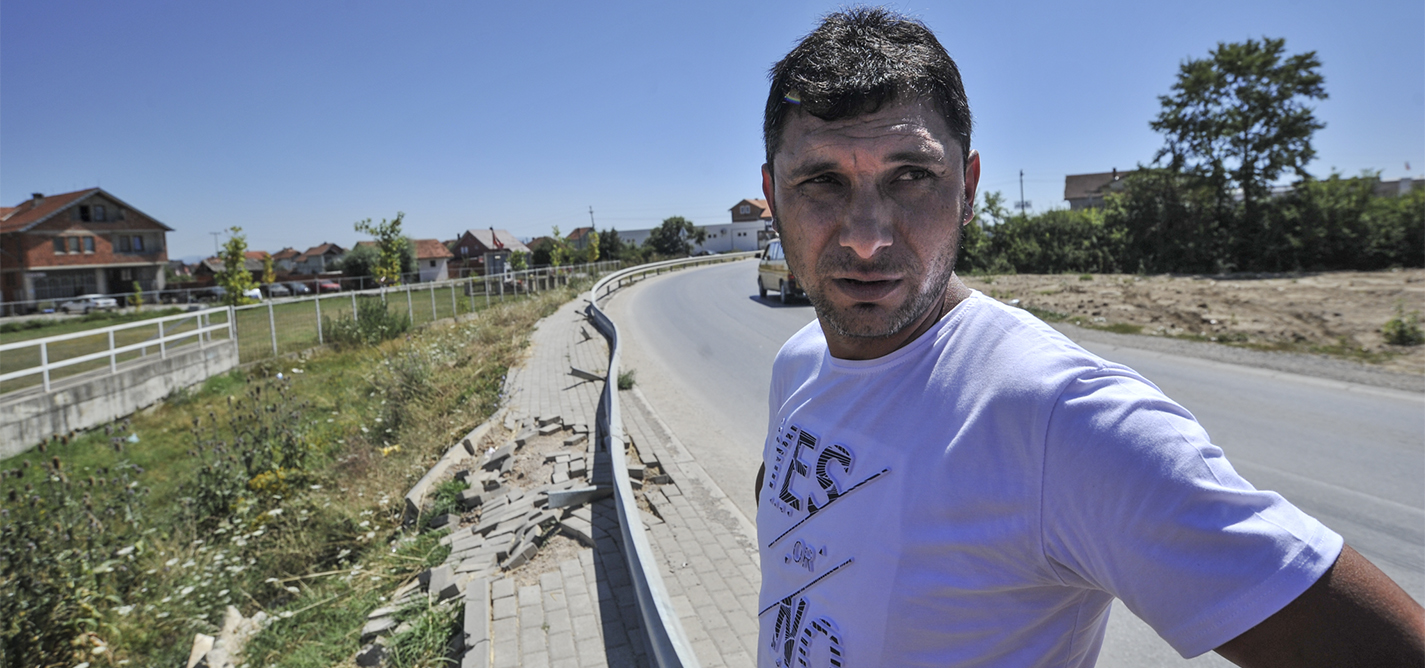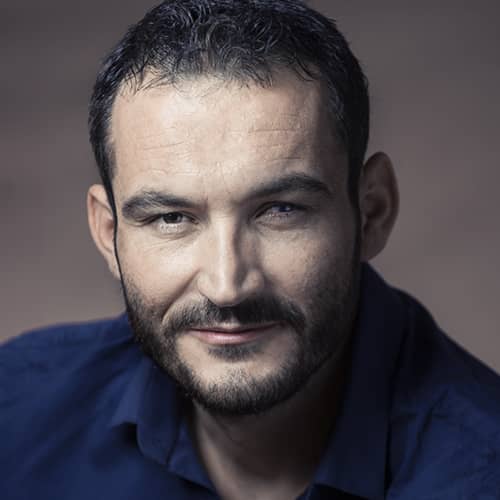
Dying on the roads
Demand for action as fatal accidents spike.
Kosovo road deaths
“If the police patrol during the night, I am sure that over 70 percent of drivers are under the influence of alcohol.”
Ministry of Infrastructure's Burim KrasniqiRegional road deaths per 100,000 people

Eraldin Fazliu
Eraldin Fazliu is a former journalist at Kosovo 2.0. Eraldin completed his Master’s on ‘European Politics’ at the Masaryk University in the Czech Republic in 2014. Through his studies Eraldin became interested in the EU’s external policies, particularly in promotion of the rule of law externally. He is a passionate reader of politics and modern history.
This story was originally written in English.